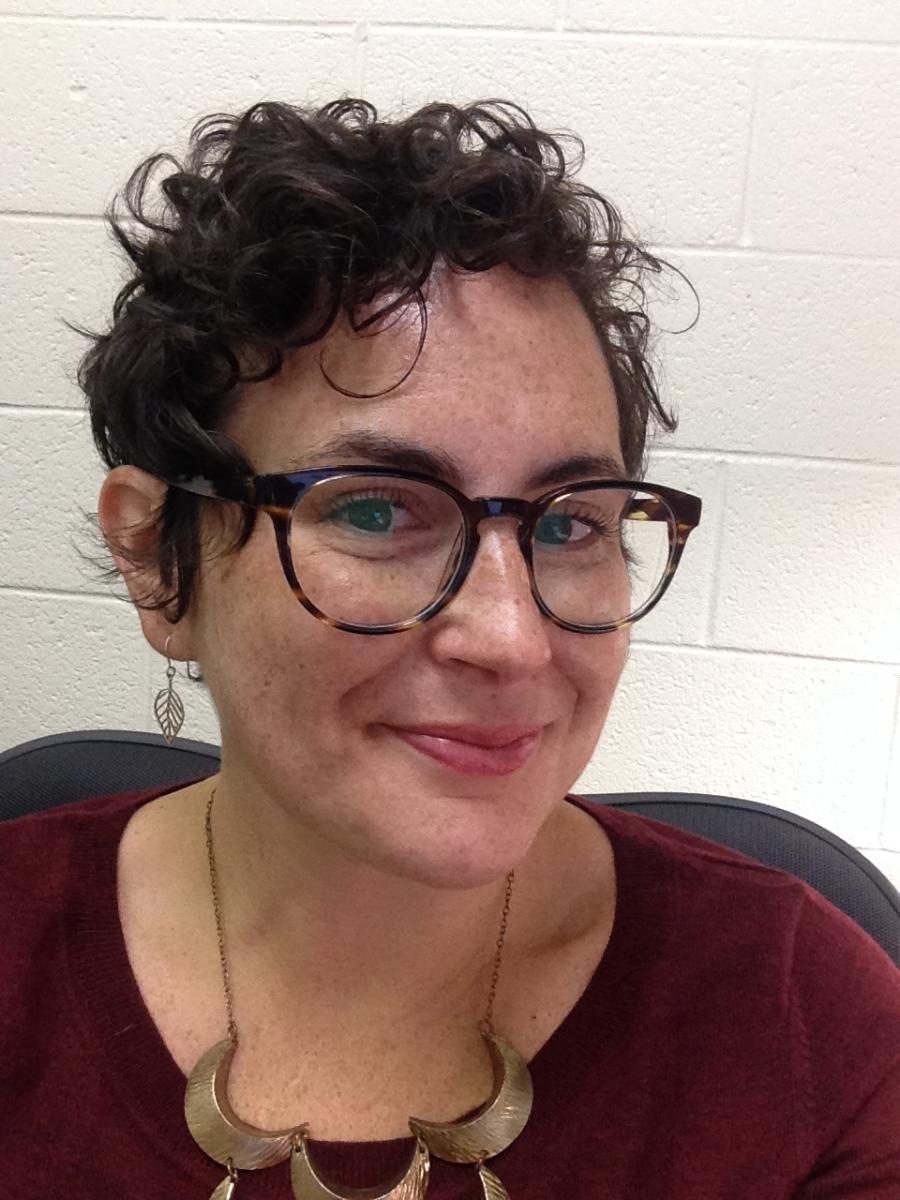They Say / I Say: The Moves that Matter in Academic Writing
By Jennifer Hunter
Scholarship as Conversation is one of the frames in the ACRL Framework for Information Literacy for Higher Education, and also an important corner stone in the field of rhetoric and composition, particularly as it applies to teaching undergraduate students how to write.
The aims of rhet/comp and information literacy dovetail, as do the aims of writing instructors and librarians. In this spirit, I’d like to share a resource that was useful to me when I was a writing instructor and continues to be useful in my library instruction.
They Say / I Say: The Moves that Matter in Academic Writing, by Gerald Graff and Cathy Bernstein, approaches academic writing as a conversation that the student author is having with others in the field, and provides writing templates for engaging in that conversation.
In particular, They Say / I Say addresses the dispositions of student researchers addressed under Scholarship as Conversation, including:
- Recognize they are often entering into an ongoing scholarly conversation and not a finished conversation
- Seek out conversations taking place in their research area
- See themselves as contributors to scholarship rather than only consumers of it (ACRL0
In the introduction of They Say / I Say Graff and Birkenstein talk to students about entering the conversation, and what it means to “deeply engage in some way with other people’s views” (Graff 2014). They discuss the importance of listening and responding to others, and address how argumentation happens in the real world, beyond their undergraduate term papers.
The alignment of the disciplines is further evident from the contribution of a chapter to They Say / I Say by The College of New Jersey’s own social science librarian, Erin Ackerman, Ph.D., In this chapter, Ackerman discusses what it means to become immersed in a conversation in the social sciences and breaks down ways of responding through writing.
In the Classroom
Librarians in one-shot instruction situations are particularly well situated to help students understand scholarship as conversation. After all, most undergraduate students are engaging more in researched writing—finding conversations, immersing themselves through reading, and responding through writing—as opposed to research in which they would design their own studies and conduct original research.
In class, we can assist them in finding the right conversation and deciding how deeply to dive into a particular conversation. One activity I’ve been using in the classroom recently is to call three students to the front of the room. I ask two students to have a conversation, and then ask the third student to approach the others and enter their conversation. Sometimes this exercises leads to awkward handshaking, but most of the time, without much prompting, the student will ask “What are you talking about?” At this point the scene ends and I explain that this is what they are doing when they are searching databases for articles.
They need to look in the right place to find the right conversations and immerse themselves in the conversation by reading and eventually writing about it. Framing their research process in this way also helps them to understand their own role as producers of scholarly thought, which can add a more meaningful dimension to their task of writing a paper.
References
ACRL Framework for Information Literacy for Higher Education. http://www.ala.org/acrl/standards/ilframework
Graff, G. and Birkenstein, C. (2014). They Say, I Say: The Moves that Matter in Academic Writing. New York: W.W. Norton & Co.
 Jennifer Hunter is a Reference & Instruction Librarian at Penn State Abington. She is also the ACRL NJ Executive Board Secretary, and she can be reached at jxh93@psu.edu.
Jennifer Hunter is a Reference & Instruction Librarian at Penn State Abington. She is also the ACRL NJ Executive Board Secretary, and she can be reached at jxh93@psu.edu.
